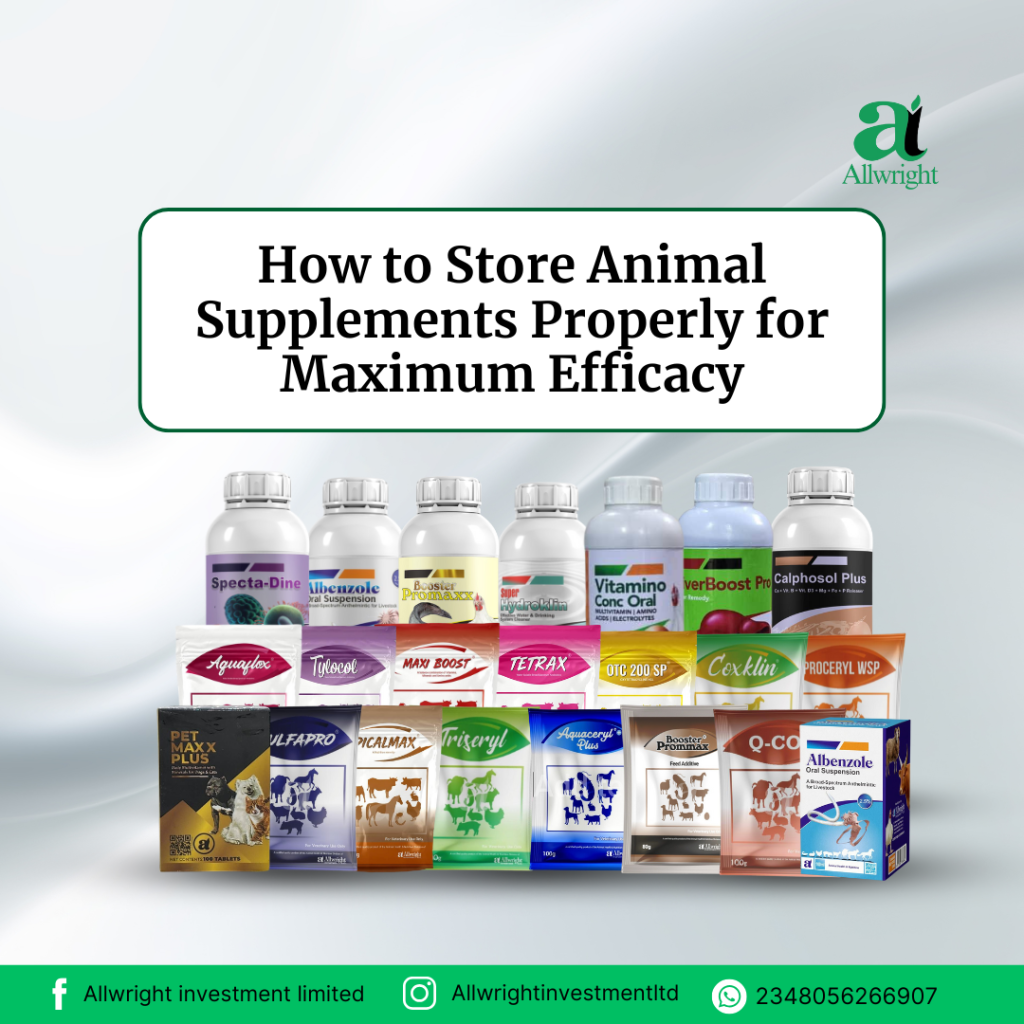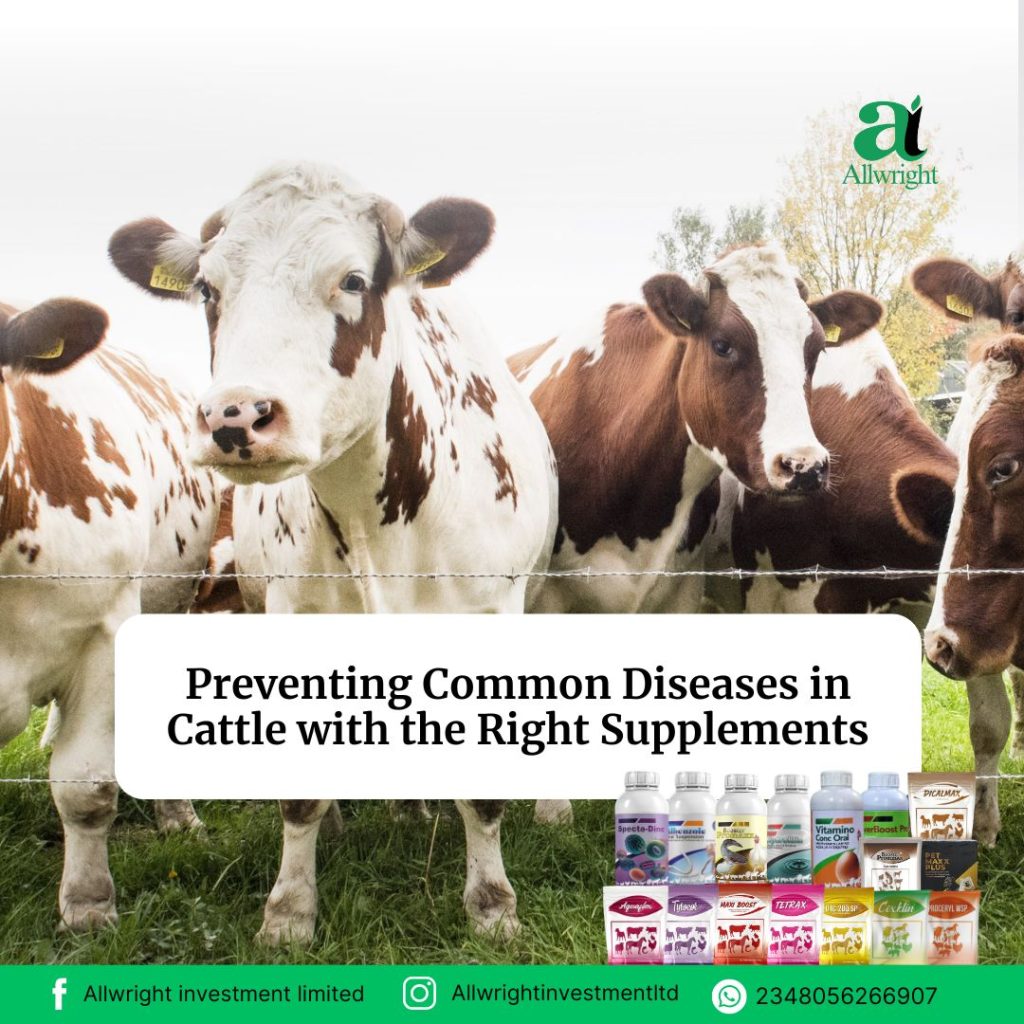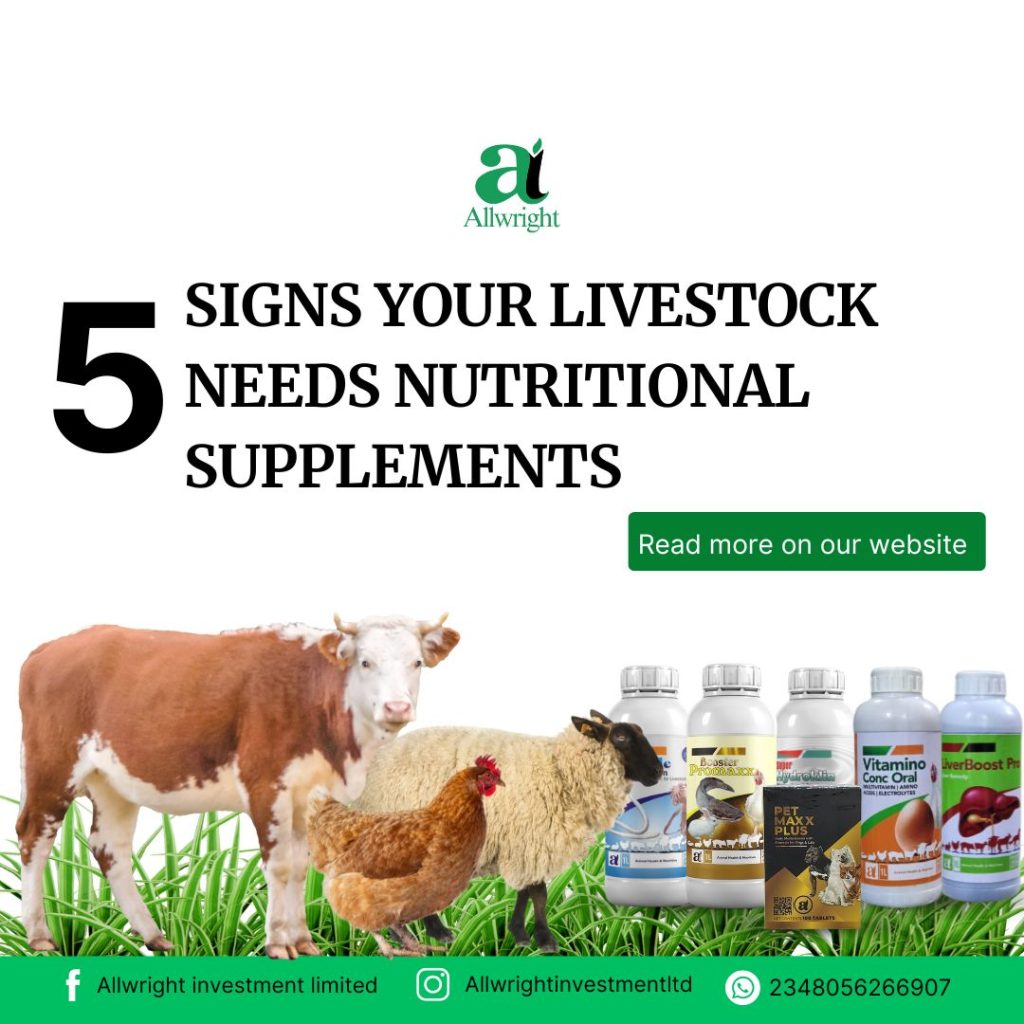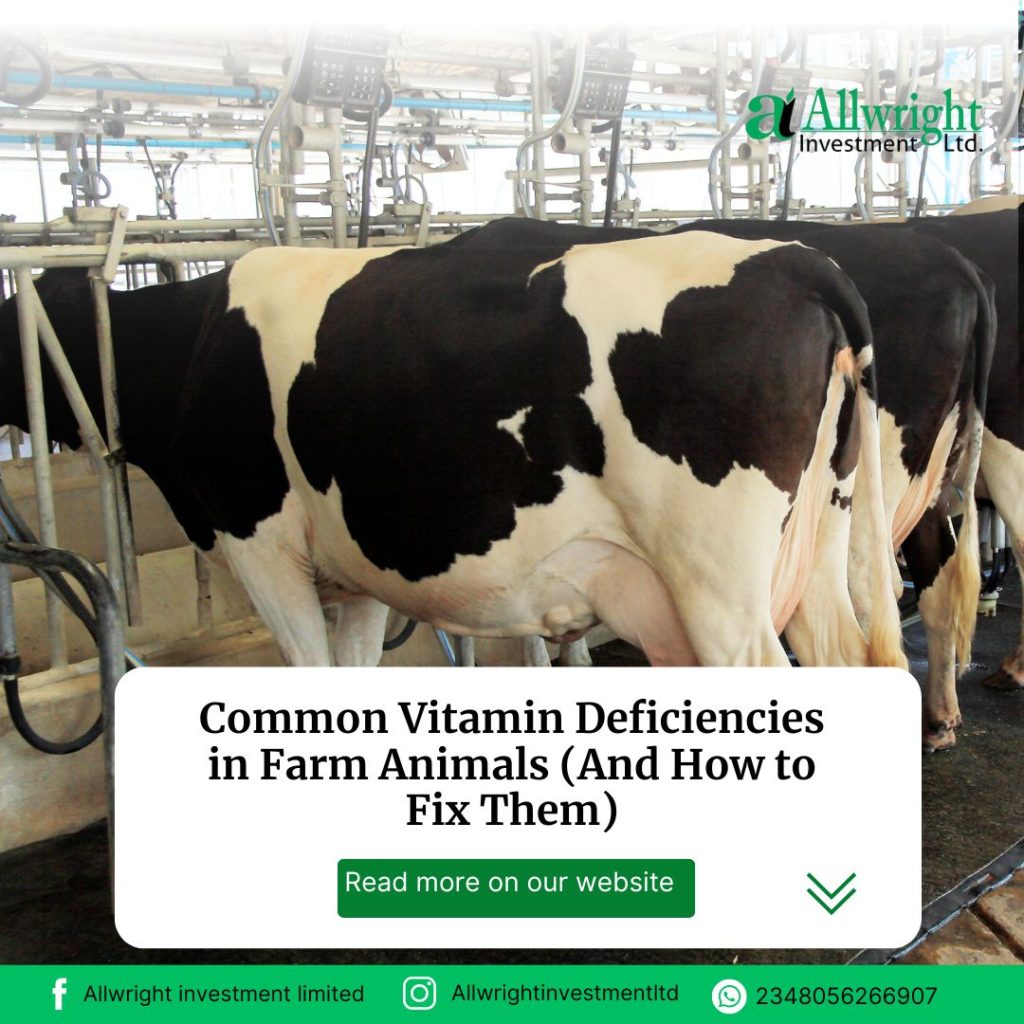5 Common Misconceptions About Livestock Supplements (Debunked!)
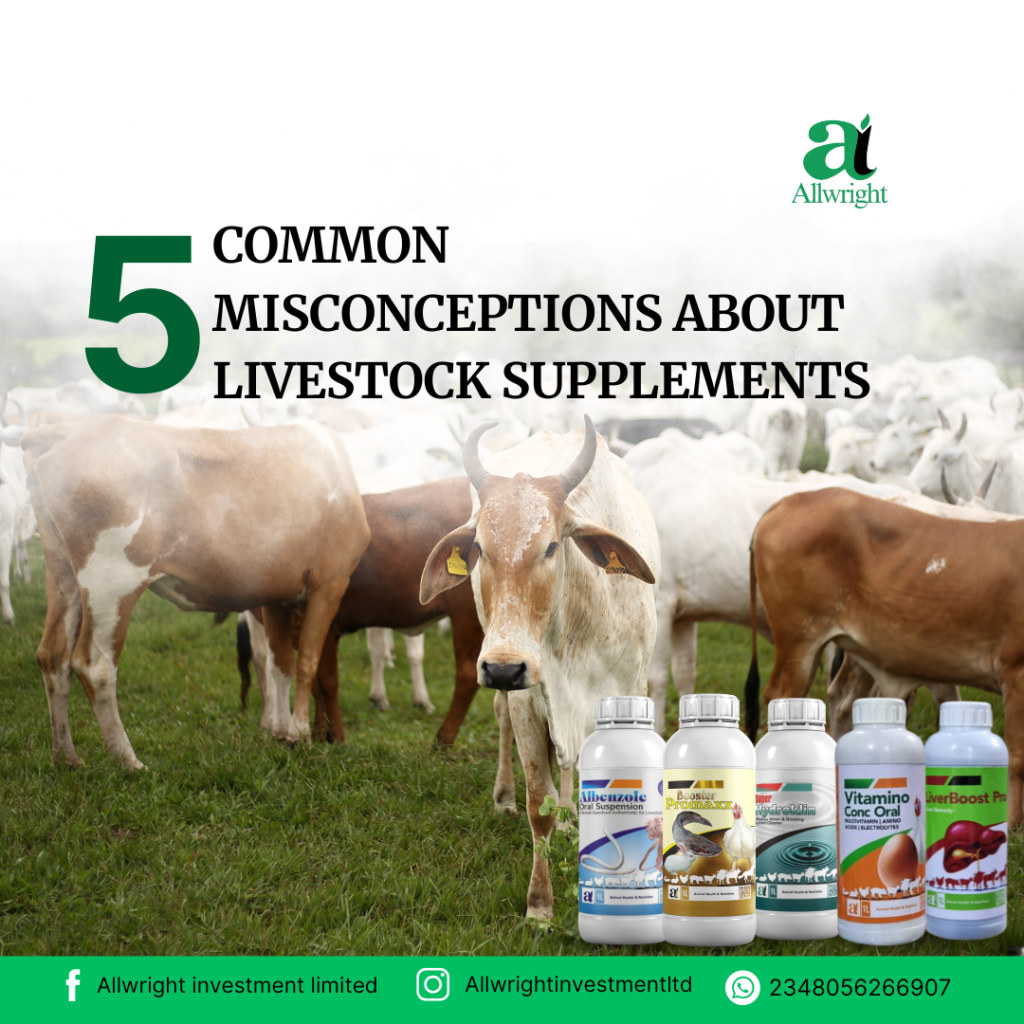
The world of animal nutrition is full of myths and misunderstandings—and believing them can cost you money, productivity, and even animal health. Let’s bust the top 5 misconceptions about livestock supplements so you can make smarter choices for your herd.
Myth #1: "All Mineral Supplements Are the Same"
The Truth:
- Not all minerals are equally bioavailable. For example:
- Oxides (cheap, poorly absorbed) vs. chelated minerals (higher absorption)
- Inorganic vs. organic selenium (selenomethionine is far more effective than sodium selenite)
What to Do:
✔ Check the ingredient form (e.g., "zinc methionine" beats "zinc oxide")
✔ Ask for research-backed products with proven absorption rates
Myth #2: "More Supplements = Better Results"
The Truth:
- Over-supplementation can be dangerous! Examples:
- Excess selenium → Toxicity (hair loss, hoof problems)
- Too much copper → Liver damage (especially in sheep)
What to Do:
✔ Test forage/soil first to identify actual deficiencies
✔ Follow label dosages—more isn’t always better
Myth #3: "If Animals Don’t Eat Supplements, They Don’t Need Them"
The Truth:
- Livestock can’t always self-regulate. Reasons they might avoid supplements:
- Poor palatability (low-quality flavors or textures)
- Hidden deficiencies (e.g., phosphorus deficiency reduces appetite)
What to Do:
✔ Use Allwright supplements to encourage intake
✔ Offer multiple formats (blocks, loose minerals, liquid drenches)
Myth #4: "Natural Remedies Are Always Safer Than Pharmaceuticals"
The Truth:
- "Natural" doesn’t mean risk-free. Examples:
- Certain herbs (e.g., comfrey) can cause liver damage
- Essential oils may disrupt rumen microbes if overdosed
What to Do:
✔ Use science-backed natural products (e.g., yeast-based probiotics)
✔ Avoid unregulated "miracle cures" with no dosage guidelines
Myth #5: "Young, Healthy Animals Don’t Need Supplements"
The Truth:
- Early-life nutrition impacts lifetime productivity. For example:
- Calves with selenium/vitamin E deficits develop white muscle disease
- Lambs lacking copper grow slower and have weaker wool
What to Do:
✔ Start preventive supplementation early (even in utero via dam’s diet)
✔ Focus on colostrum quality + creep feeds for young stock
Key Takeaways
✅ Quality > quantity—choose bioavailable forms
✅ Test, don’t guess—avoid blind supplementation
✅ Palatability matters—animals won’t eat what they dislike
✅ Natural ≠ safe—dose carefully
✅ Start young—early deficiencies cause long-term issues
At Allwright Investment Limited, we formulate precision supplements based on real science, not myths. Shop our research-backed products today!

